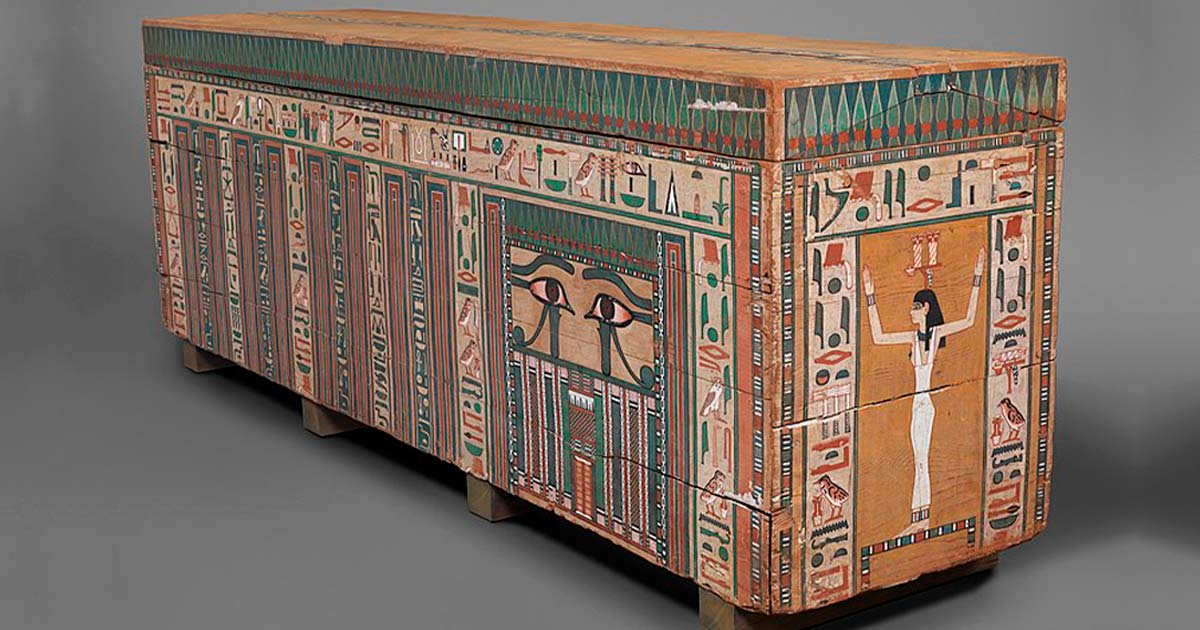Bone remains of the earliest Homo sapiens to walk the European continent have been found by researchers digging in a cave in Bulgaria. This new record holder beats the previous one by 2,500 years and dates back to 45,000 years. The inhabitants of Bacho Kiro Cave don't seem to have been in Europe for very long, yet they might have left a lasting impression.
One of the more well-liked theories for how anatomically modern humans left Africa contends that they crossed into the Middle East 50,000 years ago before starting to expand into Europe. This finding supports that hypothesis because it would perfectly fit the chronology.
There were numerous stone ornaments and utensils inside the cave as well. These provided additional proof of the precise time in which these people lived since they were crafted from high-quality flint that they had traveled significant distances to acquire and had been honed in ways unique to the Early Upper Paleolithic.
The authors hypothesized that these early visitors from the Middle East may have affected the Neanderthals based on the similarities between some of the decorations discovered, including jewelry made from animal teeth, and objects discovered in Neanderthal sites thousands of years later.
Of course, it's important to remember that Neanderthals were already independent for a time, producing tools and jewelry among other things. They might have been impacted by the arrivals, but that doesn't guarantee it. This new civilisation may have been merely a blip on their Paleolithic radar, as the Neanderthals were eventually supplanted by later arriving Homo-Sapiens, known as the Aurignacian culture.
The highly debatable assertion that a 210,000-year-old skull belonged to an anatomically contemporary human was discovered in Greece some time ago is another. That discovery, however, was unable to definitively identify the species to which the skull in question belonged.
The discovery in Bulgaria also adds a puzzling chapter to the history of humanity because, despite some interbreeding with their neighbors, the people who made up this group were not among the modern humans that eventually displaced the Neanderthals. The inhabitants of Bacho Kiro Cave were a few thousand years late to the party because that latter group only emerged 43,000 years ago at most.
For whatever reason, their endeavor to colonize Europe either failed, was too small in scale and scope to contribute to the extinction of the Neanderthals, or was unsuccessful in some other way. Future study will be very intriguing in trying to figure out why this is.







